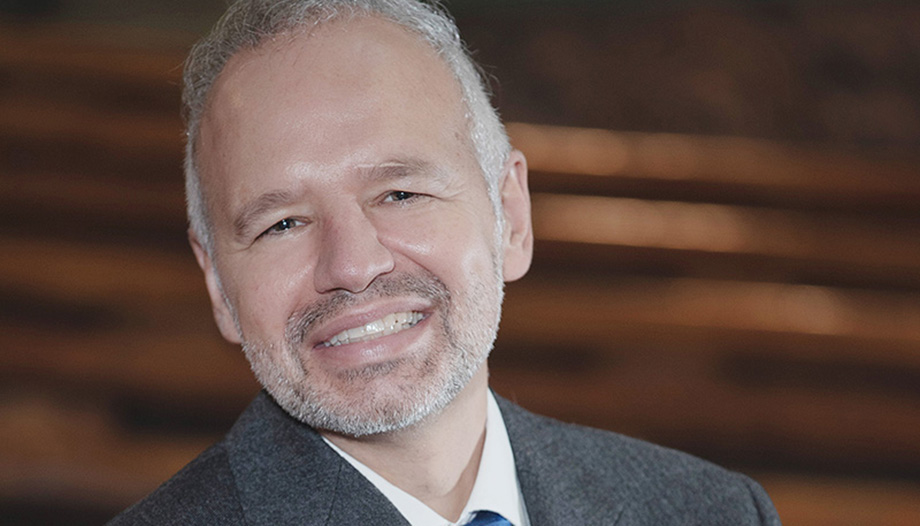The regulation of euthanasia that will come into force on June 25 "will mean a breakdown in the doctor-patient relationship of trust", and has been prepared "behind the back of the medical profession", by being processed "without consulting the doctors", said the dean of the College of Physicians of Madrid, Dr. Manuel Martínez-Sellés, in an online meeting organized by the CARF on "The truth about euthanasia".
"It is also surprising that the procedures provided for in the law are so accelerated," said Martínez-Sellés, who is head of Cardiology at the Gregorio Marañón Hospital in Madrid. In his opinion, "all the deadlines that are given are very short". For example, two days are prescribed to the physician between the first request for what the law calls "assistance in dying" and "a deliberative process" on the diagnosis, therapeutic possibilities and expected results, as well as on "possible palliative care," a specialty that does not exist in Spain or in the Netherlands, he stressed.
The dean of Madrid physicians reiterated that euthanasia "is not a medical act. We are not in the business of killing, but of curing", and the law goes "against the very essence of medicine". He also recalled that the World Medical Association has condemned euthanasia and assisted suicide, "most recently in October 2019." "We physicians must remain faithful to our Hippocratic oath," concluded Manuel Martínez-Sellés before answering the numerous questions from those attending the meeting, which was attended by nearly 700 people.
In the May issue of Omnes Dr. Martínez-Sellés' statements are included, especially in relation to conscientious objection. The Madrid dean considers "a blacklist of euthanasia objectors" to be "unacceptable". In his opinion, "conscientious objection is obviously recognized. What worries us are the possible consequences of this conscientious objection, that is what I find most worrying, the Register of objectors, we do not know what consequences it could have, and we are analyzing proposals".









